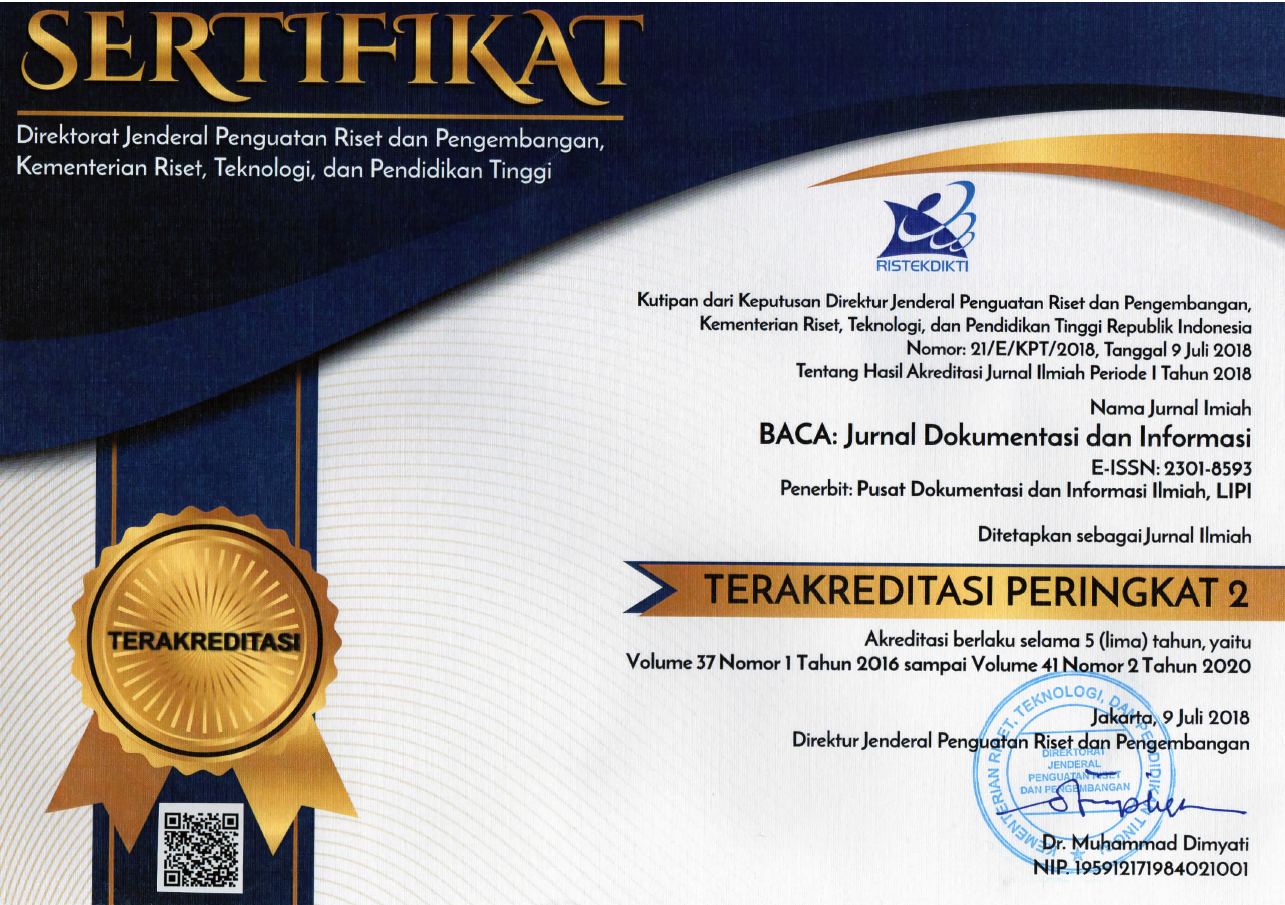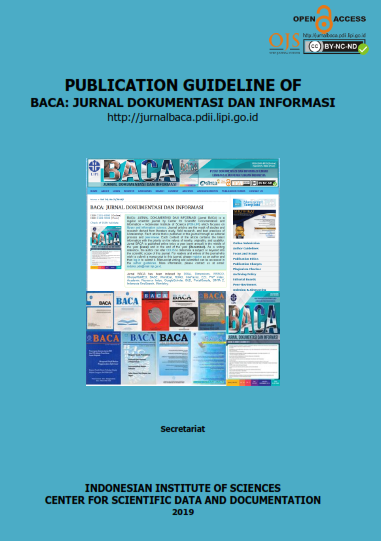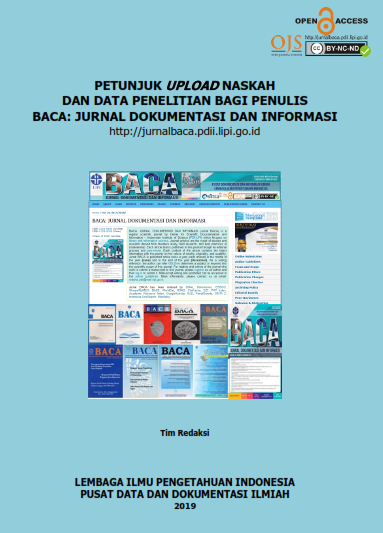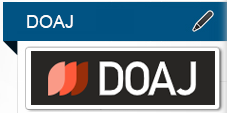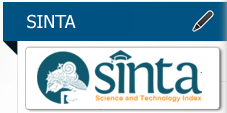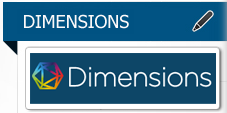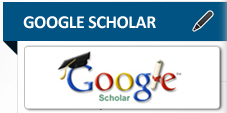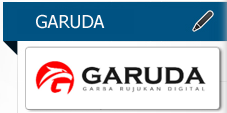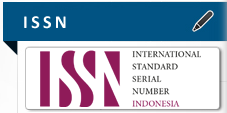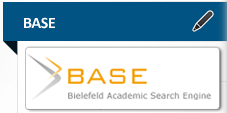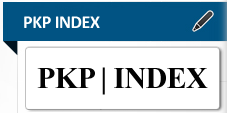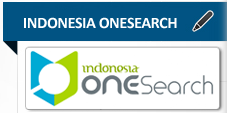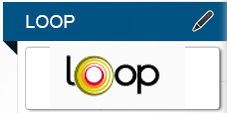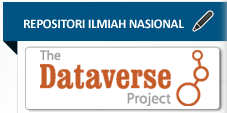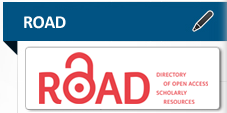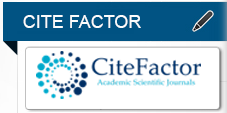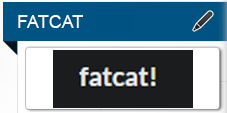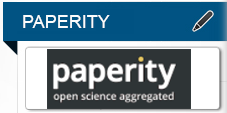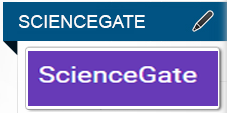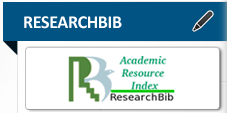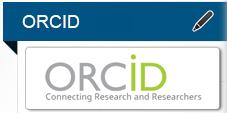LITERASI INFORMASI TENAGA PENDIDIK DAN KEPENDIDIKAN PENDIDIKAN NONFORMAL (PNF) DI PROVINSI DKI JAKARTA
Abstract
Keywords
Full Text:
PDFReferences
The ALA/ACRL/STS Task Force on Information Literacy for Science and Technology. Information literacy standards for science and engineering/technology.
(http://www.ala.org/ala/acrl/acrlstandards/infolitscitech.htm, diakses 26 Maret 2007).
American Association of School Libraries. Information power: building partnership for learning. (http://www.ala.org/ala/aasl/aaslproftools/informationpower/information literacy.htm, diakses 26 Maret 2007).
Arikunto, Suharsini. 1997. Manajemen penelitian (research management). Jakarta: Rineka Cipta, 645 p.
Association of College and Research Libraries. 2000. Information literacy competency standards for higher education: standards, performance indicators and outcomes. (http://www.ala/org/acrl/ilstandarlo.html. Diakses 18 Januari 2007).
Australian and New Zealand Institute for Information Literacy. 2004. Australian and New Zealand information literacy framework: principles, standards and practice. Bundy, Alan (Ed.) 2nd ed. Adelaide: Australian and New Zealand Institute for Information Literacy.
Bachtar, Mulni A. et al. 2006. Information literacy education in some Indonesian universities with special reference to librarians and students. Jakarta: Institute of Scientific and Technical Information of China and Indonesian Institute of Sciences Center for Scientific Documentation and Information.
Bonnie Cheuk. 2002. Information literacy in the workplace context: issues, best practices and challenges. White paper prepared for UNESCO, the U.S. National Commission on Libraries and Information Science, and the National Forum on Information Literacy, for use at the Information Literacy Meeting Experts, Prague, the Czech Republic, July.
Departemen Pendidikan Nasional. 2006. Nomenklatur & persebaran pendidik dan tenaga kependidikan nonformal. Jakarta: Direktorat Jenderal Pendidik dan Tenaga Kependidikan. Direktorat Pendidik dan Tenaga Kependidikan Pendidikan Nonformal.
Diao, Ai Lien. 2005. Current state of information literacy awareness and practices in Indonesian Primary and secondary public schools. Disampaikan pada Seminar Sehari Pemanfaatan ICT untuk menumbuhkan Kreatifitas Guru dan Siswa dalam Proses Belajar Mengajar Jakarta: PDII-LIPI, 19 Desember 2005.
Information literacy best practices.
(http://www.accd.edu/pac/lrc/evaluatn/infolitbest.htm, diakses 26 Maret 2007).
Irawati, Indira; Firdini. 2005. Penguasaan information literacy mahasiswa program studi ilmu perpustakaan FIB UI Dalam penulisan skripsi: laporan penelitian. Jakarta: Departemen Ilmu Perpustakaan dan Informasi, Fakultas Ilmu Pengetahuan Budaya, Universitas Indonesia.
Krikelas, James. 1983. Information seeking behavior: pattern and concepts. Drexel Library Quarterly, 19 (2) : 5-20.
Nicholas, David. 1996. Assesing information needs: tools and techniques. London: Aslib The Association for Information Management. 56 p.
Sayers, Richard. 2006. Principles of awareness-raising for information literacy, a case study. Bangkok: UNESCO Bangkok.
Sudarsono, Blasius. 2007. Keberinformasian: sebuah pemahaman awal. Disampaikan pada Seminar sehari Literasi Informasi dalam pembelajaran dan pengajaran di Sekolah, Sleman 13 Februari 2007.
What is information literacy? And why should I care? (http://mciunix.mciu.k12.pa.us/~spjvweb/infolit.html, diakses 13 Februari 2004).
DOI: https://doi.org/10.14203/j.baca.v30i2.57
Copyright (c)



